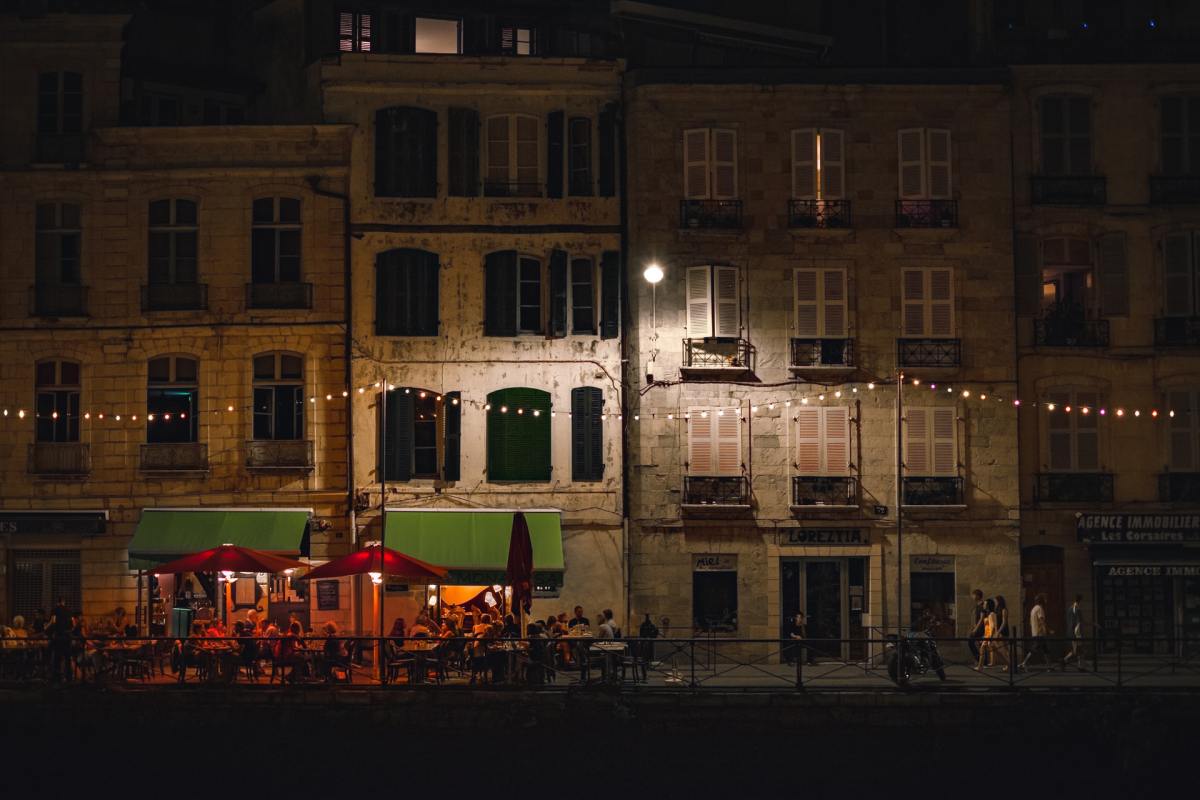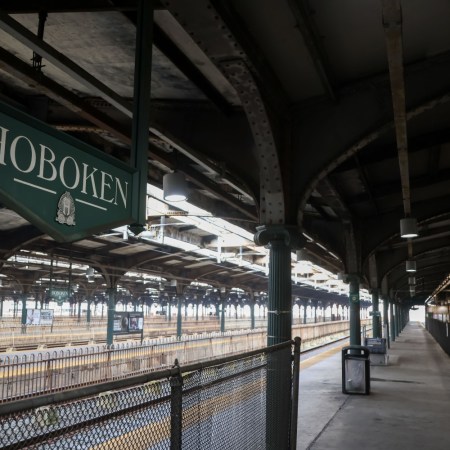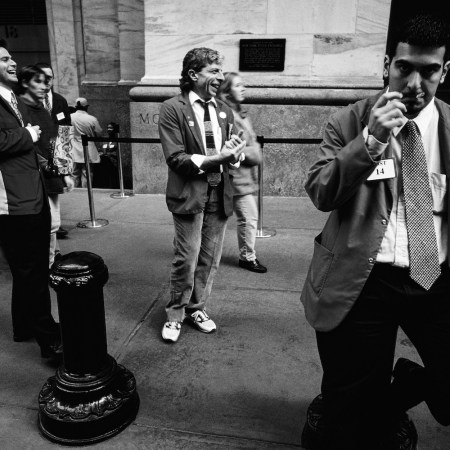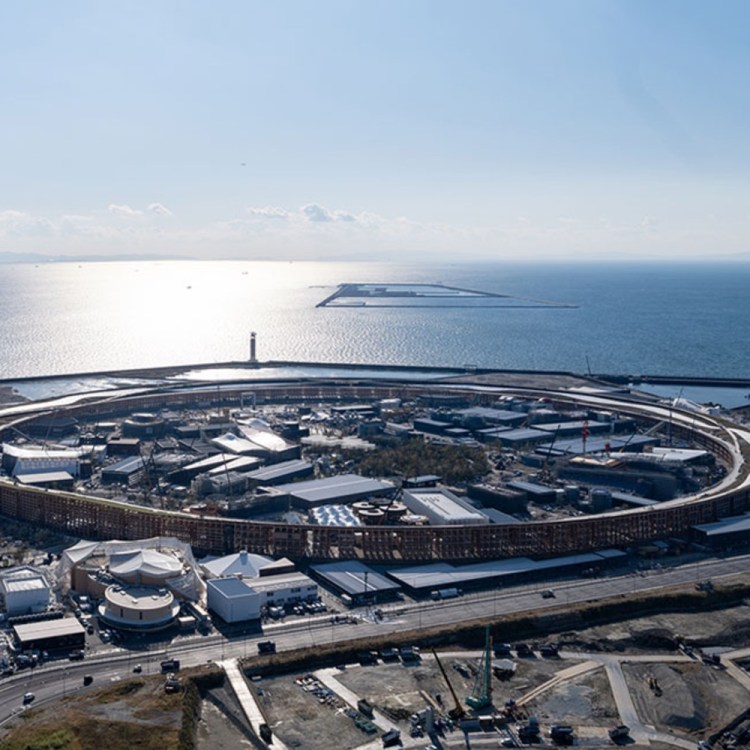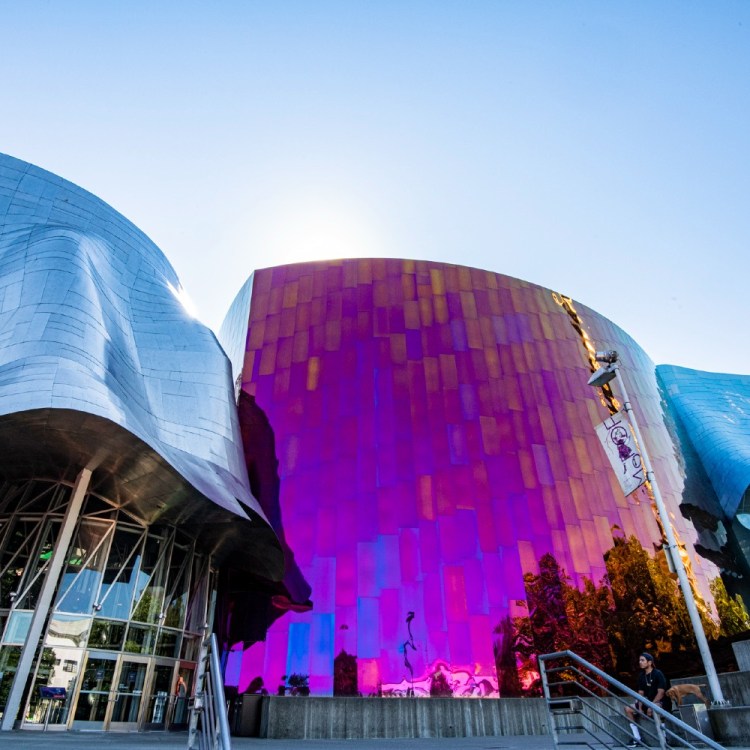A year and a half ago, if you traveled down the streets of New York City, you might see a handful of tables and chairs outside of restaurants and cafes. Now, a growing number of bars and restaurants have established full-on structures, some of them heated for the colder months — a pandemic-era move to keep restaurants afloat that’s likely to remain in place long after the pandemic dominates headlines and public policy.
Late last year, the city’s government announced that the Open Restaurants program will be a permanent one. Eater now reports that the City Council just passed a bill doing the same for the city’s Open Streets program. For advocates of a more pedestrian-friendly city, there’s a lot to like here. But a question remains: will this change in policy in New York be confined to one city, or will other urban spaces run with the concept as well?
There are both pragmatic and idealistic grounds for optimism here. Al fresco dining is popular overseas, with Rick Steves writing of a trip to Italy that “[p]ublic squares like Il Campo are the physical and cultural heart of Europe’s cities and towns.”
The economic success of businesses in the Open Restaurants program might prompt some municipal governments to go big with their own versions. As for counterparts of Open Streets, it’s worth mentioning that expansive pedestrian spaces can already be found across the country — Minneapolis’s Nicollet Mall and and the Santa Fe Railyard both come to mind. Rather than outliers, though, these spaces might start to feel more like early adopters of a movement gaining steam.
Thanks for reading InsideHook. Sign up for our daily newsletter and be in the know.
